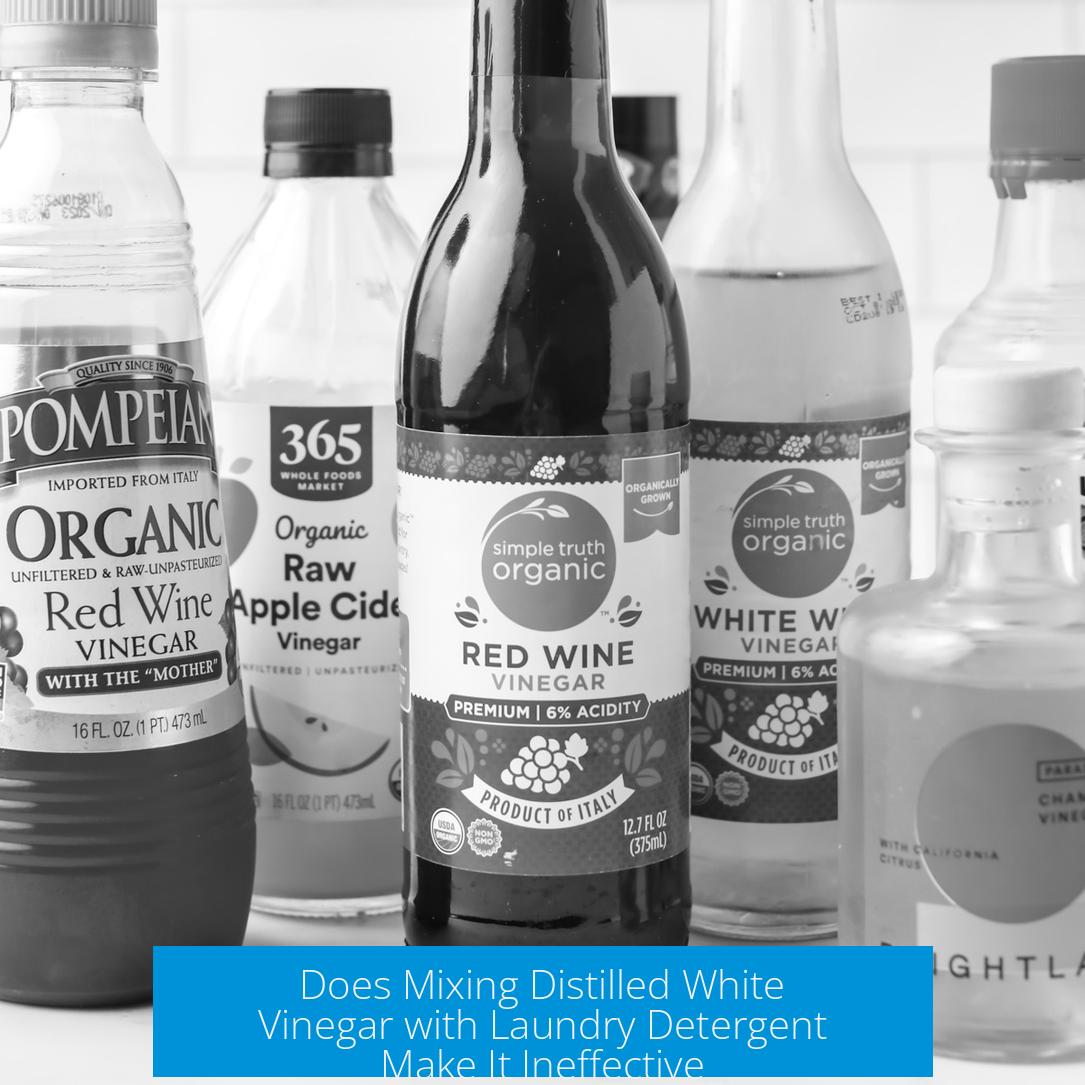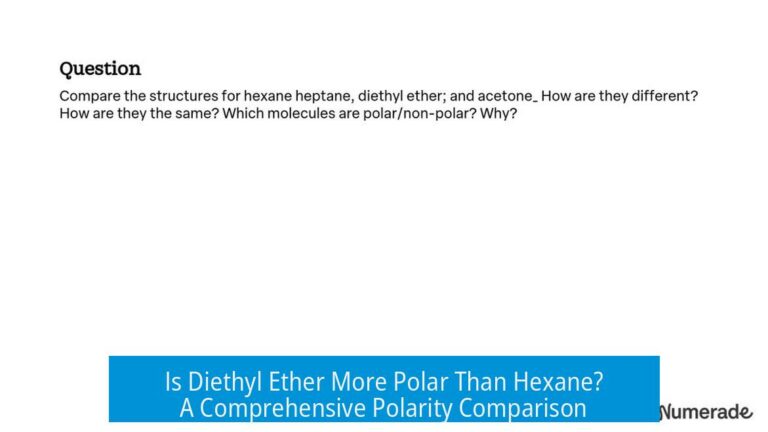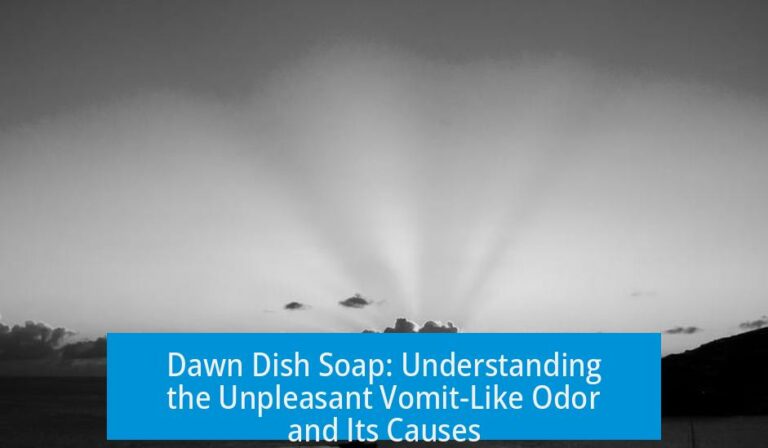Does Mixing Distilled White Vinegar with Laundry Detergent Neutralize It and Make It Ineffective?
Yes, adding distilled white vinegar, which contains acetic acid, can partially neutralize the alkaline components of laundry detergent. However, typical vinegar concentrations are too weak to significantly reduce the detergent’s cleaning effectiveness. Mixing them directly is not recommended; instead, vinegar should be added separately, usually during the rinse cycle, to avoid compromising detergent performance.
Understanding the Chemistry of Vinegar and Laundry Detergent Interaction
1. Acid-Base Neutralization
Laundry detergents are generally alkaline (basic), designed to remove dirt and oils effectively. Distilled white vinegar contains acetic acid (approximately 5% concentration), an acidic compound.
When mixed, the acid in vinegar can react with the alkaline detergent ingredients. This reaction neutralizes some of the detergent’s basic components. The neutralization reduces the alkalinity of the solution but does not completely eliminate surfactant action or cleaning capacity.
2. Effect of pH on Detergent Surfactants
Many detergents contain surfactants such as sodium lauryl sulfate (SLS). Surfactants lower surface tension, helping water to remove oils and dirt.
SLS and similar surfactants are sensitive to pH changes. At highly acidic pH, SLS can convert into dodecyl hydrogen sulfate, which is less soluble and less effective at cleaning.
However, the acetic acid in vinegar is a weak acid, and typical amounts used in laundry normally do not lower pH enough to precipitate or deactivate these surfactants significantly. Therefore, the surfactant’s cleaning power largely remains intact.
Practical Guidelines on Using Vinegar and Detergent in Laundry
1. Avoid Mixing Vinegar and Detergent Directly
- Direct mixing often neutralizes detergent alkalinity, potentially reducing cleaning power.
- It may also cause some components to precipitate or form residues, impacting fabric appearance or washing machine function.
Instead, the common advice is to use laundry detergent in the wash cycle, and add distilled white vinegar during the rinse cycle.
2. Proper Use of Vinegar in Laundry
Vinegar is best used at the end of the wash process. Adding 1⁄2 cup of distilled white vinegar during the rinse cycle can help remove residual detergent, soften fabrics, and reduce odors without disrupting detergent action.
Some sources suggest vinegar may be used in the pre-wash phase combined with a few drops of a non-ionic surfactant, although this is less standard and depends on individual detergent formulations.
Vinegar’s Limited Role in Disinfection and Cleaning Effectiveness
1. Vinegar’s Antimicrobial Properties Are Weak
At the concentrations present in typical distilled white vinegar (around 5% acetic acid), the antibacterial effects are limited.
Detergent surfactants already exhibit antimicrobial action by disrupting microbial membranes and solubilizing components that inactivate microbes effectively.
For sanitizing laundry, stronger agents such as bleach or oxygen-based cleaners (e.g., OxiClean) are more reliable and efficient, though care must be taken not to mix these with vinegar.
2. Vinegar’s Effect on Odors and Fabric Cleanliness
Vinegar helps reduce odors by lowering the pH in rinse water, creating unfavorable conditions for odor-causing bacteria or mold.
However, once vinegar neutralizes detergent alkali, it converts acetic acid into acetate ions, which are far less effective at killing bacteria but improve water scale removal (calcium and magnesium deposits).
The detergent itself usually contains better agents for scale control.
3. Possible Residual Vinegar Odor
Vinegar may leave a faint smell on clothes due to residual acetic acid or acetate salts. Even when acid is neutralized, acetate compounds can retain a vinegar-like scent.
Proper rinsing and drying usually reduce any lingering odor.
Summary Table: Vinegar and Laundry Detergent Interaction
| Aspect | Effect of Mixing Vinegar with Detergent | Recommendation |
|---|---|---|
| Chemical Interaction | Partial neutralization of detergent alkali by acetic acid; limited at typical vinegar concentrations | Do not mix directly; use separately in different wash stages |
| Surfactant Activity | Surfactants stable; low vinegar concentration prevents precipitation or loss of effectiveness | Add detergent first; add vinegar in rinse to preserve surfactant function |
| Antimicrobial Properties | Vinegar weakly antibacterial; detergents have inherent antimicrobial action | Use stronger disinfectants if sanitizing is needed |
| Odor Control | Vinegar lowers pH, reducing odors; may leave residual smell | Use vinegar in rinse; ensure thorough rinsing and drying |
| Fabric and Machine Care | Vinegar helps remove scale but excessive mixing can harm fabric or machine | Use vinegar moderately; avoid direct mixing with detergent |
Key Takeaways
- Distilled white vinegar’s acetic acid can neutralize alkaline detergent, but typical use does not render detergent ineffective.
- Do not mix vinegar directly with detergent; add vinegar separately during the rinse cycle to avoid neutralizing detergent action.
- Vinegar has limited antibacterial strength; detergents provide sufficient antimicrobial action for most laundry needs.
- Vinegar helps reduce odors and mineral scale but may leave a faint vinegar smell if not rinsed well.
- Stronger sanitizers like bleach or peroxide are preferable for thorough disinfection, used carefully to avoid harmful mixtures.
Can vinegar neutralize laundry detergent and make it ineffective?
Vinegar’s acetic acid can neutralize some of the detergent’s alkalinity. However, typical vinegar concentrations are too low to significantly reduce detergent effectiveness.
Is it okay to mix vinegar directly with laundry detergent in the same wash?
No. Mixing them directly can reduce cleaning power. Use detergent in the wash cycle, then add vinegar during the rinse cycle instead.
Does vinegar help sanitize laundry better than detergent alone?
Vinegar is a weak disinfectant at laundry concentrations. Detergent surfactants already have antimicrobial effects, making vinegar unnecessary for sanitation.
Will vinegar cause a lingering smell on clothes after washing?
Yes, vinegar or its byproducts can leave a vinegar-like odor on clothes even after neutralization of detergent.
Why is vinegar added during the rinse cycle instead of the wash cycle?
Adding vinegar during rinse avoids mixing it directly with detergent, preserving detergent action while benefiting from vinegar’s acid for odor and mineral deposit removal.





Leave a Comment